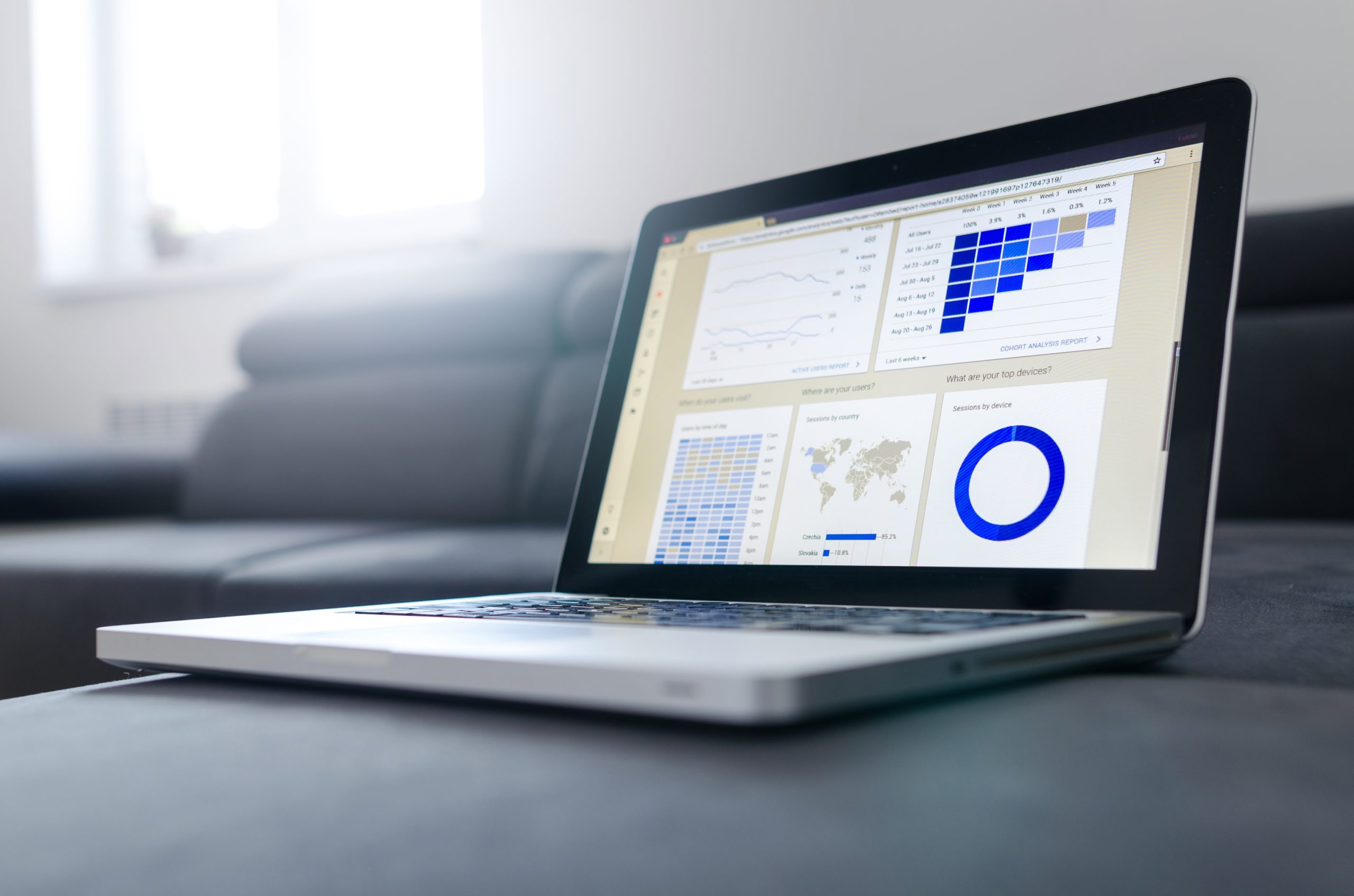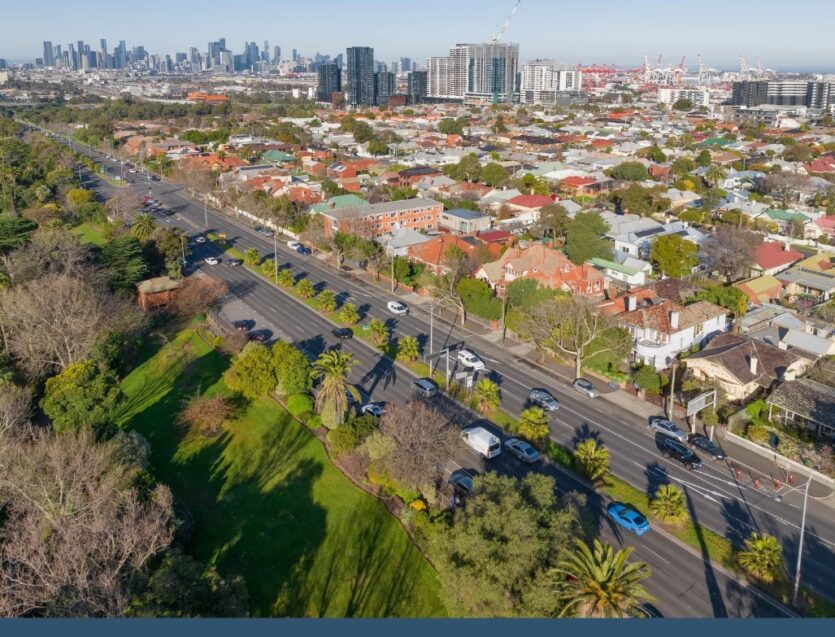Upgrading Your Home in a Down Market
Matthew Hughes, Managing Director at Capital Property Advisory
April 3, 2019
Depending on who you ask, the Perth market is either close to the bottom, at the bottom, or already on its path to recovery – in any event, we can all agree the worst is likely behind us – if you exclude over-supplied fringe suburbs, that is.
Everybody wants to know the best time to take action when buying a home. It’s natural to want to “outsmart” the market. Especially if you’re thinking about buying in a down market where house prices have declined and seem to be stabilising. Seasoned professionals have a tough time picking the exact top or bottom of markets, in any investment category – so don’t beat yourself up. We feel that now is the time to start looking into upgrading your home and so do many of our clients, who have been doing exactly that. Here are some reasons why:
Disadvantages of Buying in a Down Market
Real Estate agents will often say “now is the best time to buy”, so how do you know? With the market turning, here are our tips to help you decide so you don’t miss out:
- If you are a seller looking to upgrade to a more expensive home or a better area during a down market, now could be the best time. The longer you wait to sell, the lower the price your current home can fall.
- If you can arrange for alternate housing, another strategy is to sell now, then buy your new home after settlement. This puts you ahead of the field allowing you to leverage your offer without requiring a “subject to another sale” condition.
- If you sell and buy simultaneously, you will still be ahead of the game because the price reduction on the purchase is greater than the loss on the sale, as outlined below.
Taking a Loss on Selling Your Current Home
For example, say your present house is worth $800,000, but because of high stock levels and limited buyer activity, you reduce your price by 10%. So, instead of receiving $800,000, you would get $720,000 and “lose” $80,000.
Real Profits and Savings
Now, consider this. Say you bought this home ten years ago and paid $600,000. You’re still ahead $120,000, less the costs of sale, aren’t you? (This ignores monthly mortgage payments, but you would make those if you were renting too.)
If you are planning to move up to a $1,200,000 house, which is located in the same subdued market, you could probably buy that house at that same 10% discount or $1,080,000. It would mean you had saved $120,000 – or more, as luxury markets tend to suffer more in downturns.
Summary of Selling and Buying Numbers
- So you “lost” $80,000 on the sale of your home
- But you “made” $120,000 on the purchase of your new home
- Doesn’t that put you $40,000 ahead? Potentially covering some or all of the transactional costs involved in upgrading? Not to mention the growth expectations in the upgraded home will likely far exceed growth on your original home.
A good strategy is to weigh-up all the pros and cons before making the decision to buy or sell. Don’t panic over newspaper headlines. Speak to your finance broker or financial adviser, or both. Make an informed decision. When you are ready to take action, speak with an experienced, independent Buyer’s Agent who will put your interests first.
If you would like to more about upgrading your home contact us today on 08 9323 0000 to schedule a time for a coffee and a chat.



Currently, Perth is the capital city that our research is driving our clients to for optimal investment outcomes. Keep an eye out for our upcoming report on Victoria, and the opportunities we feel this market will present from early to mid-2025. CPA Property Reports are the ultimate research tool for those considering an investment into the any Australian property market.